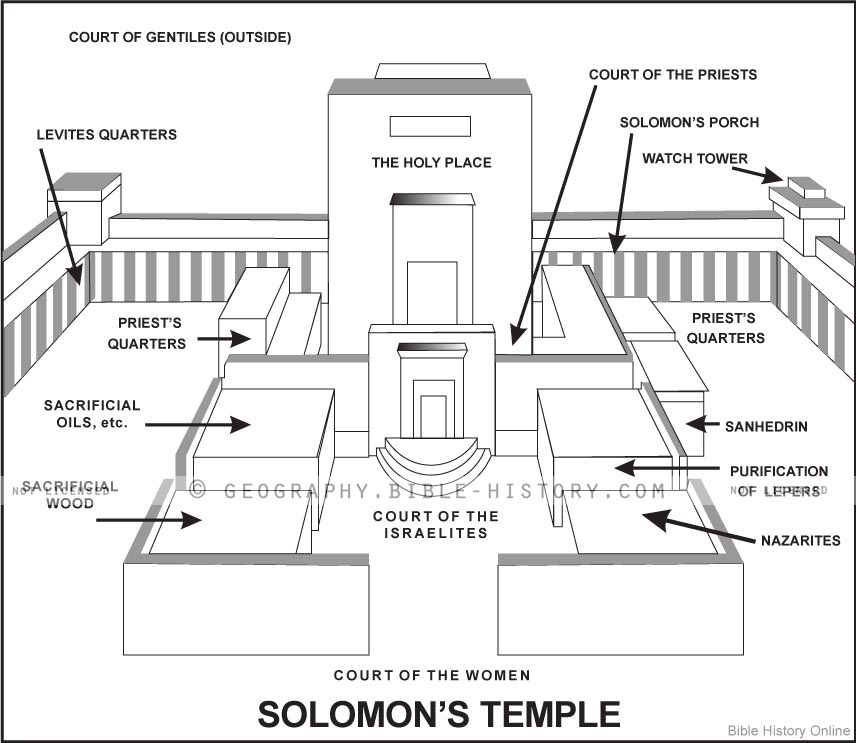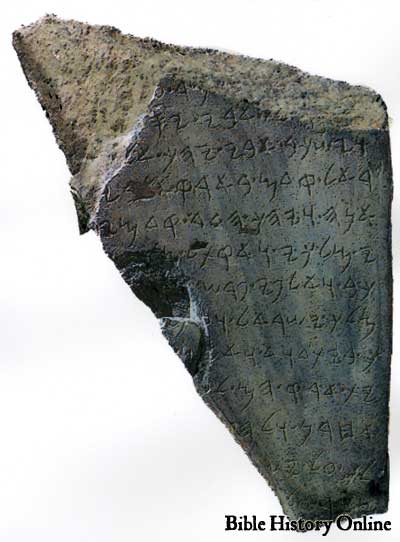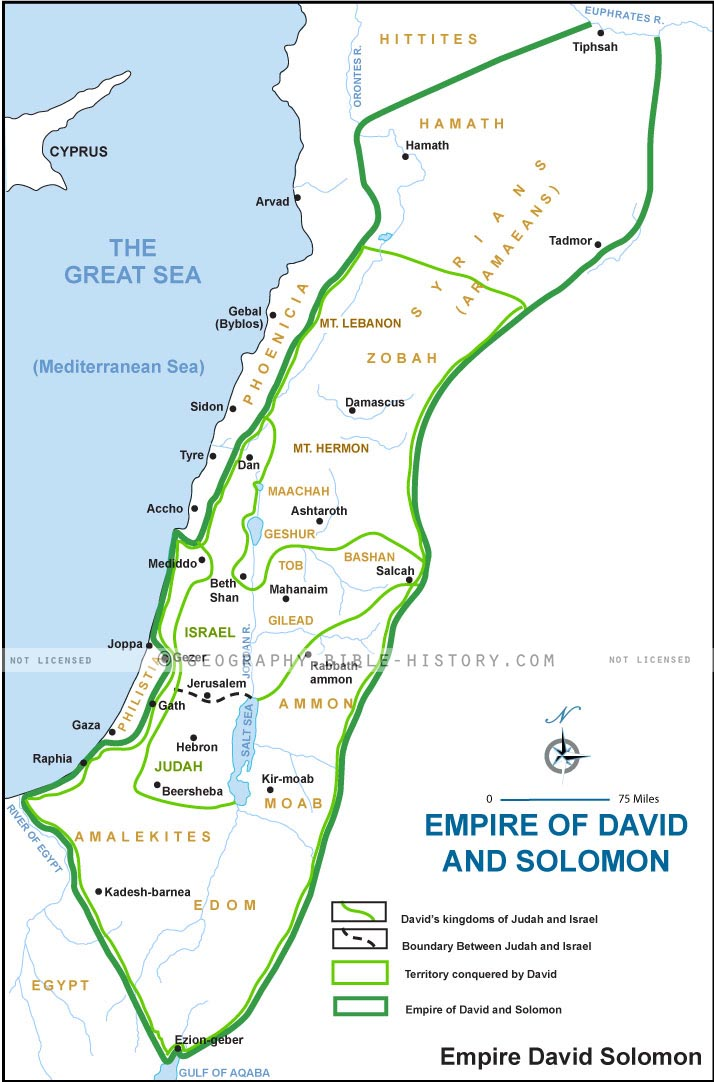Proverbs Images and
NotesThe Book of Proverbs
Proverbs 3:5-6 - Trust in the LORD with all thine heart; and
lean not unto thine own understanding. In all thy ways
acknowledge him, and he shall direct thy paths.
Proverbs 15:1-4 - A soft answer turneth away wrath: but
grievous words stir up anger. The tongue of the wise useth
knowledge aright: but the mouth of fools poureth out
foolishness. The eyes of the LORD [are] in every place,
beholding the evil and the good. A wholesome tongue [is] a tree
of life: but perverseness therein [is] a breach in the spirit.
Proverbs 17:12-13 -
Let a bear robbed of her whelps meet a man, rather than a fool
in his folly. Whoso rewardeth evil for good, evil shall not
depart from his house.
The Old Testament - A Brief Overview
Bible Survey - Proverbs
Hebrew Name - Mishley "proverbs"
Greek Name - Paroimiae (Greek form of the Hebrew )
Author - Solomon (According to Tradition)
Date - 1000 BC Approximately
Theme - It is wise to obey God
Types and Shadows - In Proverbs Jesus is true wisdom

Illustration of Solomon's Temple in Jerusalem
Summary of The Book of Proverbs
The Proverbs are a collection of wise sayings that, although
they were written in ancient times, their principles are for all
men in every age, and every walk of life. The ultimate message
in the book of Proverbs is that fearing the Lord is the
beginning of wisdom. There is no greater principle that was
taught by both David and Solomon than acknowledging God's
presence in everything in life, and taking heed to everything He
says.
Proverbs 1:1 indicates that the whole collection was called
"the Proverbs of Solomon the son of David, king of Israel."
Technically a proverb is a profound maxim or epigrammatic saying
that, if pondered on for a length of time there is deep meaning
associated with it. Proverbs was not uncommon in the ancient
world, but the concept of fearing a single God who is the only
God and the giver of life, was completely foreign in a world
filled with polytheism.
Solomon was the son of David who was chosen to build the
Temple. His name comes from the Hebrew word for peace (shalom),
and he is recognized in the Bible as the ultimate peacemaker
King in the history of the kingdom of Israel. The book of
Proverbs not only names Solomon as the author in the very first
verse, but there are other verses that indicate that Solomon was
the person responsible for the Proverbs (Proverbs 10:1; Proverbs
25:1).
The book of Kings indicates that Solomon was blessed with
wisdom from God (1 Kings 4:29), he was a man of humility (1
Kings 3:7), and a great diplomat (1 Kings 3:16-28; 1 Kings 5:12)
to such an extent that people came from all over the world to
hear his wisdom (1 Kings 4:30; 1 Kings 10:1-13). The book of
Kings also indicates that Solomon wrote over 3000 proverbs (1
Kings 4:32), and this is many more than the book of Proverbs
contains.
Solomon's Wisdom. David had chosen
Solomon to sit upon the throne of Israel and serve the Lord.
After Solomon had removed his enemies, he allied with the
Pharaoh of Egypt, and took Pharaoh's daughter to be his wife.
Solomon had thought intensely about his task to build a house
for the Lord, the Temple in Jerusalem. He went to offer
sacrifices to the Lord at Gibeon and that night the Lord
appeared to him in a dream saying "ask what you will and I will
give it to you" and Solomon said "you have shown great mercy to
your servant David, my father, even as he walked before you in
truth and justice and with an upright heart. You have continued
your great mercy toward him and given him a son to sit on his
throne, as it is today. And now, O Lord God, you have made your
servant King succeeding David, my father. I am but a child, and
know not how to act. You have chosen me to be king over so many
that they cannot be counted. Give me, therefore, an
understanding heart, to judge your people and to discern between
good and evil." The Lord was pleased with Solomon's request and
said, "because you have not asked for long life or riches, nor
for the death of your enemies, but have asked wisdom for
yourself to discern what is right, I have done for you as you
asked, and have given you a wise and understanding heart, so
much so that you are unlike anyone before you, nor shall there
be anyone like you after. Yes, and the things also which you did
not ask, I have given you: that is, riches and glory, so that
you are incomparable with all previous kings. And if you will
walk in my ways, and keep my precepts and my commandments, as
your father, I will lengthen your life." (see 1 Kings 3 and 2
Chronicles 1).
Outline of the Book of Proverbs
Proverbs 1-9, Solomon addresses the young. His words are arranged in a series of
discourses in praise of wisdom. A personification of Wisdom speaks as an
instructor, warning against all manner of folly. The proverbs in this section
are arranged with more continuity than is seen in succeeding chapters.
Proverbs 10-22:16 are the "proverbs of Solomon," and this section is usually thought to be the original
nucleus around which the remainder of the book was constructed.
Proverbs 22:17-24 :22 contains advice for those in responsible positions,
calling it "the words of the wise." Proverbs 24:23-29 are designated as
"the proverbs of Solomon which the wise men of Hezekiah copied out." These are
in the form of detached statements, although there are occasional signs of continuity.
There are also sayings on related subjects
such as rulers, sluggards and fools.
Proverbs 30, the sayings of Agur, and Proverbs 31, the great chapter on
womanhood which purports to come from the mother of King Lemuel which was constructed in acrostic form, the verses
beginning with the successive letters of the Hebrew alphabet. This last chapter
completes this book of Hebrew wisdom.
ARCHAEOLOGY
House of David
Inscription - Tel Dan Stele

1 Kings 2:11 -
And the days that
David reigned over Israel [were] forty years: seven years
reigned he in Hebron, and thirty and three years reigned he in
Jerusalem.
An
inscription containing the words "house of David" was
found on a black basalt stone slab called the Tel Dan
Stele, from Tel Dan, Israel, 9th Century B.C.
Quick Reference Map

Map of the Empires of David and Solomon (Click to
Enlarge)
Quick Reference Maps -
Proverbs
The Kingdom of Solomon during the Proverbs
The Empire of David and Solomon during the Chronicles
Solomon's Temple Illustration

Proverbs Resources
Samuel
the Prophet
Saul,
Israel's First King
King
David
King
Solomon
More About the Book of
Proverbs
Proverbs in the Picture
Study Bible
Timeline of the Ancient
World
Back to the Old Testament
Back to Bible
History Online








